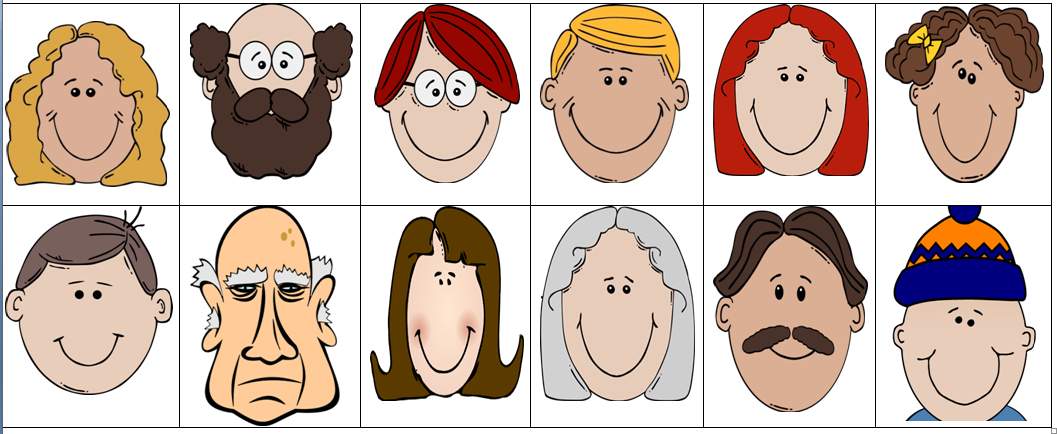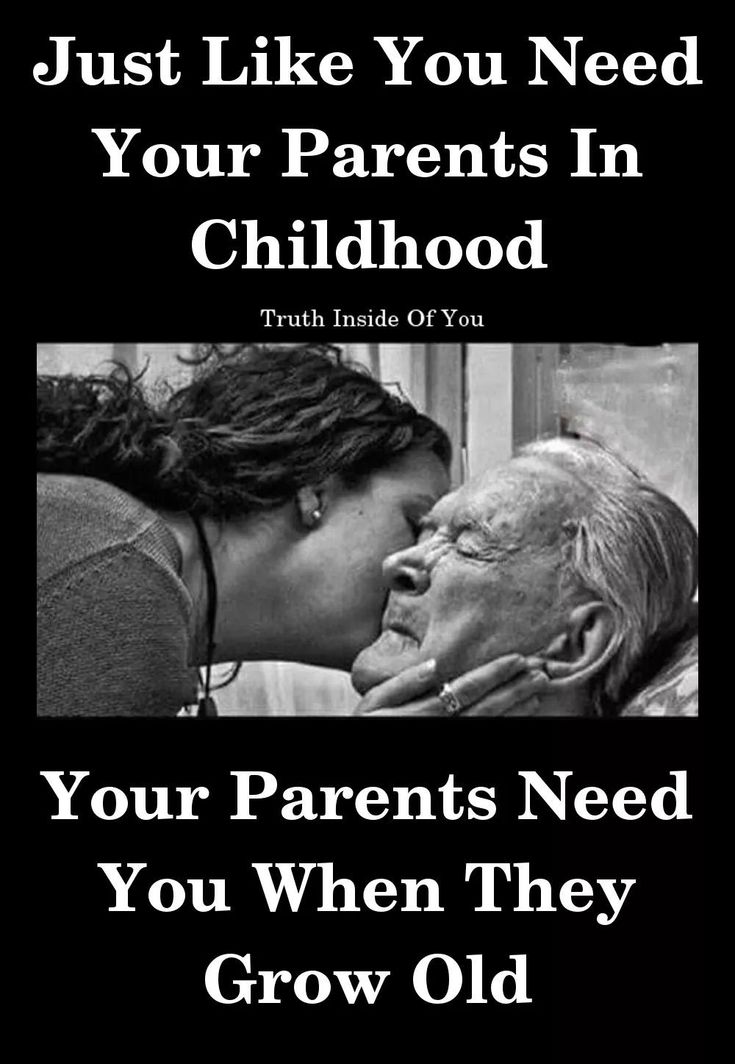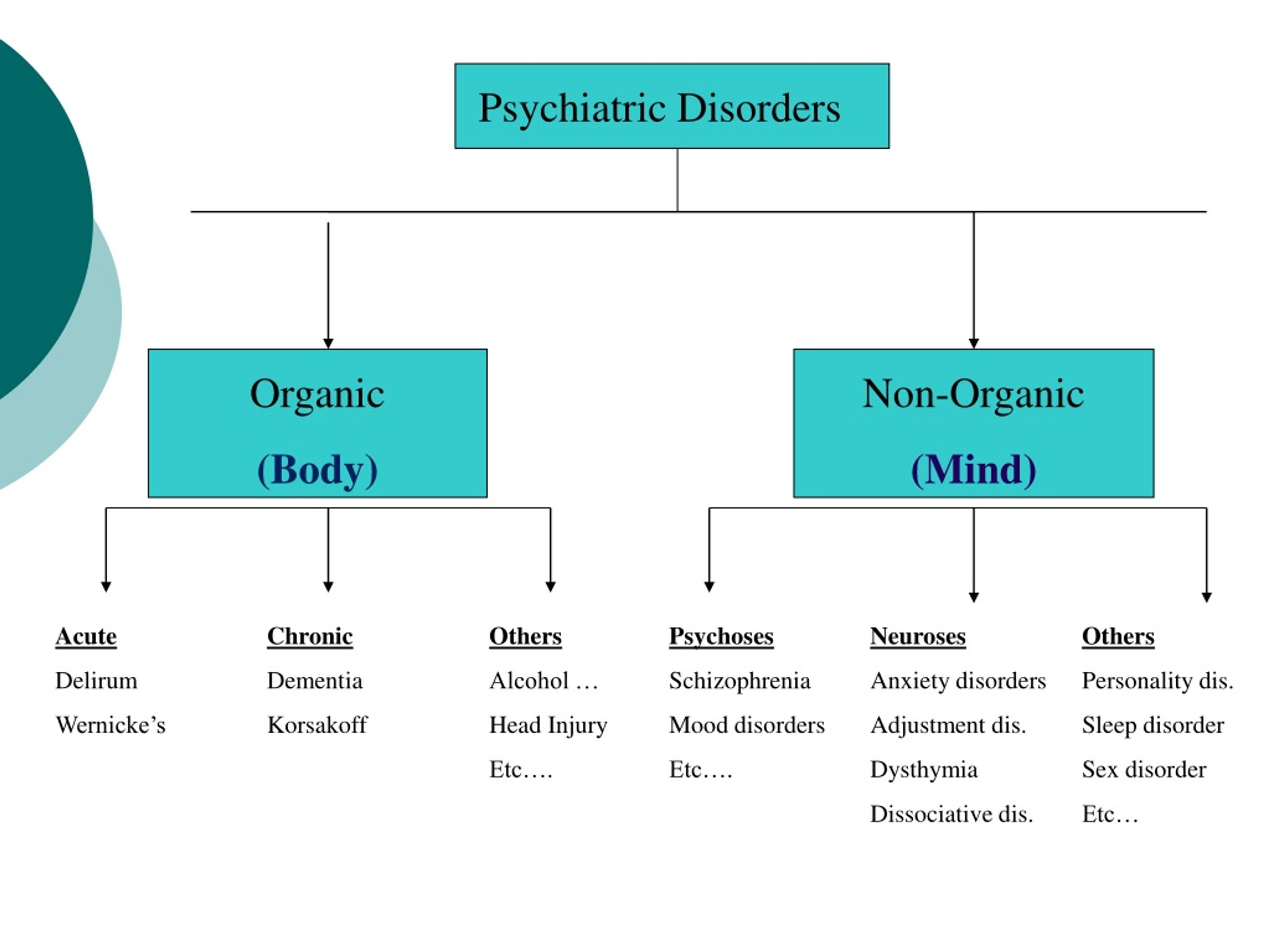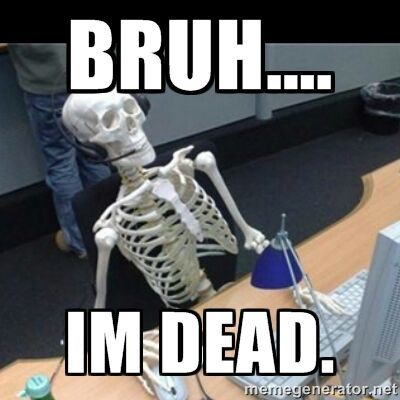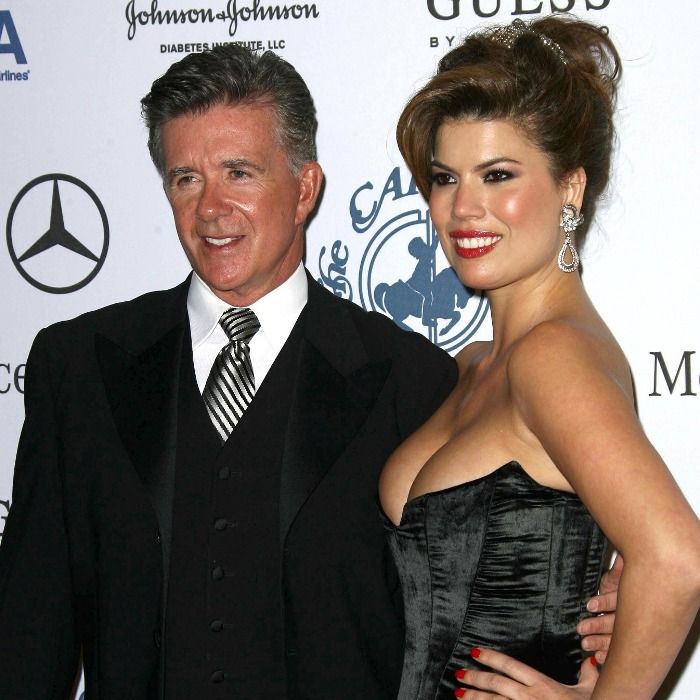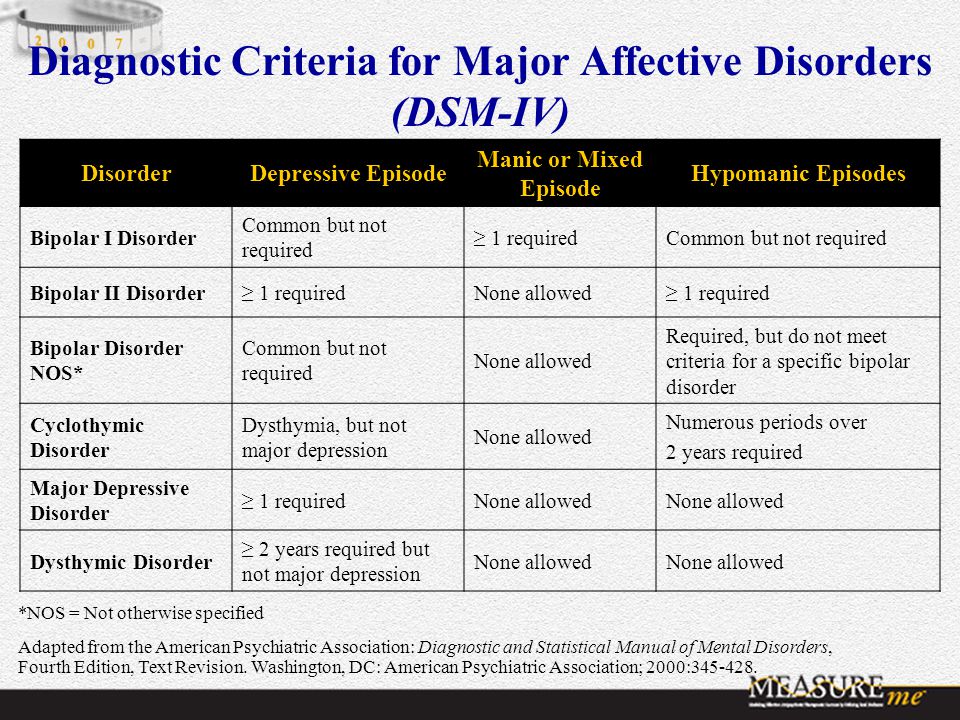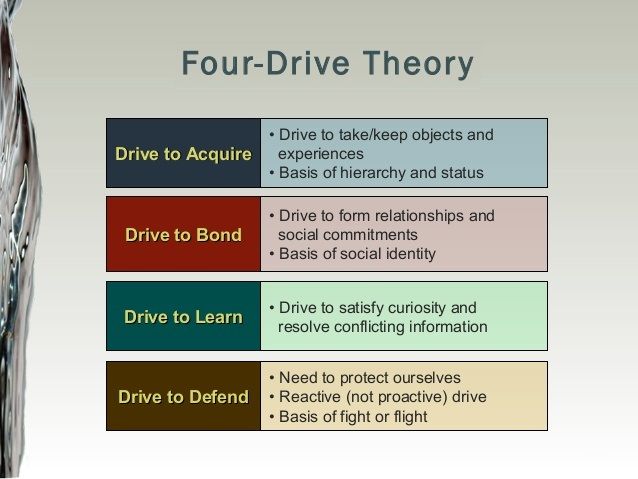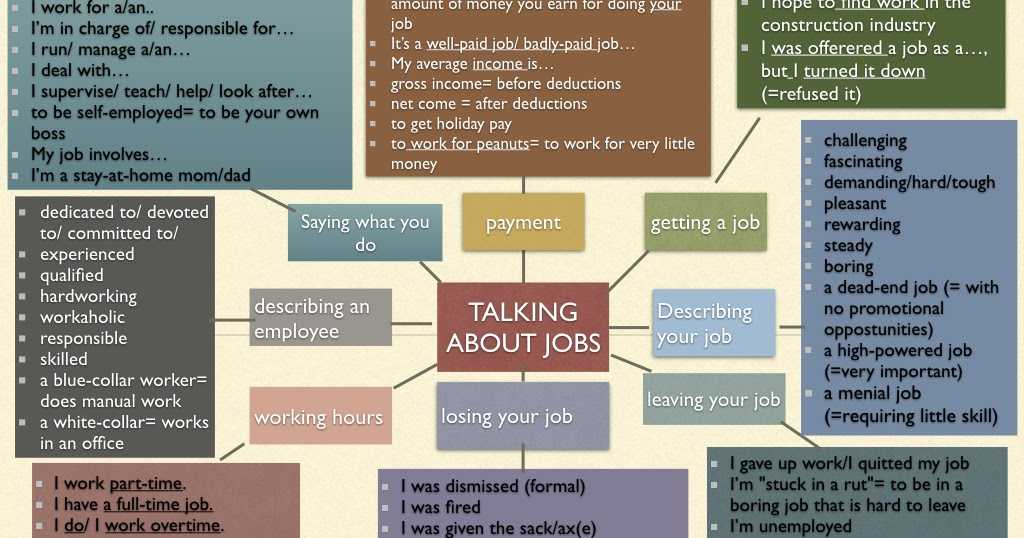People make a difference
7 Traits of People Who Make A Difference
“Success” is a word that is thrown around quite a bit. Is real success making it to the top, earning a bunch of money, becoming famous, winning awards, or something else?
In my mind, success can include all the things listed above and more, but one major ingredient to real success is making a positive difference in the lives of others. As my friend Joe Martin once said to me, “I want to do well for myself in my career and finances while doing good for others.” That sounds like a winning strategy to me.
So how can you do well for yourself while making a positive difference in the lives of others? Here are seven characteristics of people who make a difference.
Hard (and Smart) Worker. There is no such thing as easy change, easy impact, or easy success. Making a difference takes a lot of hard (and smart) work. If you're not willing to roll up your sleeves and dig in, the likelihood of you making a positive impact on anyone is slim.
Consistency and Perseverance. Making a difference doesn't mean you work hard for the short term; it takes hard work for the long haul. How many life-changing stories are never written because people give up? Success often comes to those who are simply willing to outlast everyone else. That's why veteran teachers, coaches, and leaders can tell story after story of how they've seen peoples' lives changed for the better. They've been around for a while, and their stick-to-it-tiveness is often the catalyst that brings about a positive change.
People-Person. This is not to say introverted people cannot make a difference in the lives of others—THEY CAN! In fact, some of the most dynamic difference-makers I've met are much shier than I am. But while our styles differ, we are passionate about the same thing—seeing positive change in people's lives. Simply put, how can you make a difference in someone's life if you are not interested in that someone?
Truth-Teller. Everyone struggles with saying hard things to other people, but difference-makers are willing to say the tough stuff because the truth, spoken clearly and compassionately, leads to change… and more often than not, to growth as well. With that said, difference-makers know how to balance “directness” with “gentleness.” Additionally, they are good at reading people. They know the same boiling water will harden eggs and soften carrots, so they are careful with how they communicate hard truths to others.
Everyone struggles with saying hard things to other people, but difference-makers are willing to say the tough stuff because the truth, spoken clearly and compassionately, leads to change… and more often than not, to growth as well. With that said, difference-makers know how to balance “directness” with “gentleness.” Additionally, they are good at reading people. They know the same boiling water will harden eggs and soften carrots, so they are careful with how they communicate hard truths to others.
“9 Ways to Get Paid as a Speaker”
Problem-Solver. Problems are a fact of life, but instead of complaining about them, difference-makers seek solutions. Problems create opportunities for learning, growth, and development.
Lifelong Learner. People who make a difference are always adding extra crayons to their crayon box. Why? To use another analogy, they realize that if they think they're ripe, they rot…but as long as they stay humble and green, they grow.
Deliver the Goods. Business success is seen when a company over delivers on value. In the same way, difference-makers consistently seek to over deliver in their relationships by practicing active listening, being encouragers, and looking for ways to serve.
19 Stories About People Making a Difference All Over the World
DispatchHere Magazine
International stories about people from all walks of life improving their communities through food, art, music, tourism, entrepreneurship, and activism.
Since Here Magazine formed in 2017, our editors have taken some incredible trips. We’ve ascended dormant volcanoes in Hawaii and witnessed the diverse flora and fauna of the Galápagos; we’ve traversed the winding roads (and rowdy bars) of Iceland; we’ve witnessed the untamed wildlife of Zambia and sought out Shanghai’s elusive speakeasies; hell, we’ve eaten more Roman pasta than we previously thought humanly possible.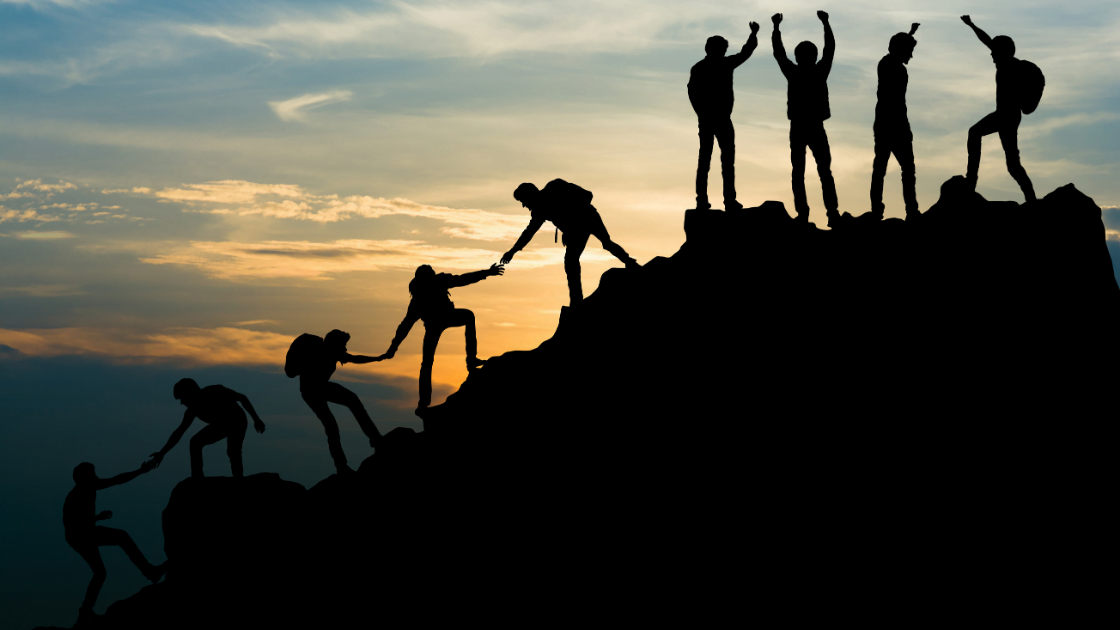
Still, nothing will ever be quite as amazing as the folks we’ve met along the way.
People are at the heart of what we do at Here. The spirit of our work lies in the beauty of connection—not only with places, but with the creatives, entrepreneurs, social activists, distillers, restaurateurs, and others who inhabit them. From the travel advice we give (“Always ask your bartender for the best places to hang out” makes the list every time) to the enterprises and causes we support, locals remain the key element that ties our community and our stories together.
Below, join us in celebrating humanity with stories about people from all walks of life changing the world for the better, one community at a time. And once you’re done catching up, consider visiting each venture on the web or social media to listen and learn about the best ways to support them in the coming months.
Consider buying their artwork, ordering their food, streaming their music, purchasing gift cards, donating, and sending words of encouragement.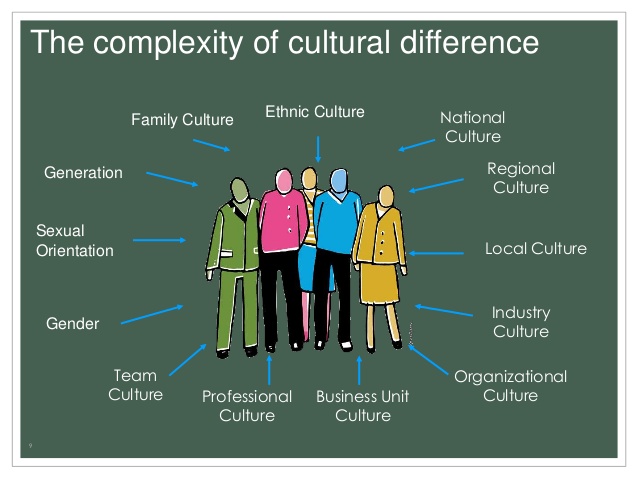 Now more than ever is a time to uplift small, local businesses.
Now more than ever is a time to uplift small, local businesses.
Food
Amidst a Housing Crisis, Oakland’s Chefs Protect the Local Flavor
Oakland’s new reputation as a tourist- and foodie-friendly destination has triggered a housing crisis that has displaced thousands. Now, as expansion continues, the city’s chefs are standing in to defend the local flavor.
Daniela Soto-Innes, head chef at Cosme, New York City’s hottest Mexican restaurant.Free to Feed founder Loretta Bolotin, third from left, preparing to cater a conference in Melbourne with her team.A spread of Irish cheeses from Sheridans Cheesemongers.Everything You Need to Know About Dublin’s Culinary Comeback
Over 150 years after the Irish Potato Famine, chefs in Dublin are making the most of what is now the world’s most food-secure nation. Against all odds, Ireland’s capital city has become a veritable foodie destination with a thriving culinary scene that’s both eclectic and progressive while also embracing tradition.
Art
The Survival of New Orleans’s Arts Community After Katrina
Fourteen years after Hurricane Katrina, some areas of New Orleans remain abandoned, while others are bursting with tourists. As the community grapples with both, local artists—themselves a mix of natives and new arrivals—struggle to make it in the city that inspires them.
Work by photographer Ouka Leele.How the Female Artists of Madrid Are Finally Getting Their Due
Male artists have dominated Madrid’s art world for centuries. But now—ahead of Museo Nacional del Prado’s second-ever exhibit to highlight only female artists—it’s clear that women are its future.
Inside MUAC in Mexico City.Art Gets Political in Mexico City
Artists in Mexico City have been known to get political, figuratively inviting bureaucracy into their studios—and sometimes literally.
In Portland, Oregon, People of Color Redefine America’s Creative Utopia
“Making it” as an artist, musician, or winemaker is challenging for anyone; the people of color in Portland, Oregon, are working overtime not only to achieve creative success, but to shed the labels that follow them to the top.
Rapper Dave Christopher (right) and activist Tay Gunsauley (left), founding members of LouiEvolve.Music
In Louisville, Kentucky, Local Hip Hop Defies All Boundaries
In Louisville, Kentucky, the scene hitting its stride the hardest is hip hop, as a multitude of styles and sounds flood the streets. And while diversity is a way of life here, the city’s artists are united in one shared interest: showing their hometown, and the people who live there, the love they deserve.
Inside Prikið, a bar and local favorite amongst the bands and fans that comprise Reykjavík's music scene. Photo by Berglaug Garðarsdóttir.Liv Osthus, known locally as "Viva," has been stripping for 23 years.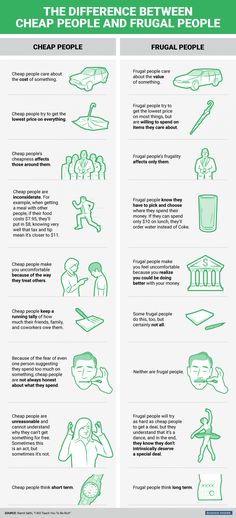 Tour company Kin Travel partners with hotels like Cottar's Safaris in Kenya to introduce tourists to a more responsible way of traveling.The Bwindi Community Integrated Rural Development Initiative (BCIRDI) in Uganda.
Tour company Kin Travel partners with hotels like Cottar's Safaris in Kenya to introduce tourists to a more responsible way of traveling.The Bwindi Community Integrated Rural Development Initiative (BCIRDI) in Uganda.In Uganda, Reformed Poachers Turn to Beekeeping for a New Way of Life
In much of this East African country, the balance between people, wildlife, and the growing tourism industry is delicate, marred by strained relationships in need of healing—and Robert Byarugaba’s agricultural initiative in the southwestern region of Bwindi is on track to provide the antidote.
Piers Carr, founder of Bermuda-based car rental service Current Vehicles. Harlee Case, founder of cannabis company Ladies of Paradise. Photo by Celeste Noche.Meet Harlee Case, the Cannabis Queen of Portland
Don’t let the partying and the sparkles fool you: Harlee Case is all business. She just happens to be in the business of fun. The Portland-based founder of cannabis company Ladies of Paradise shares her philosophies on packing, being a woman in the weed industry, and relieving anxiety with her good friend Mary Jane.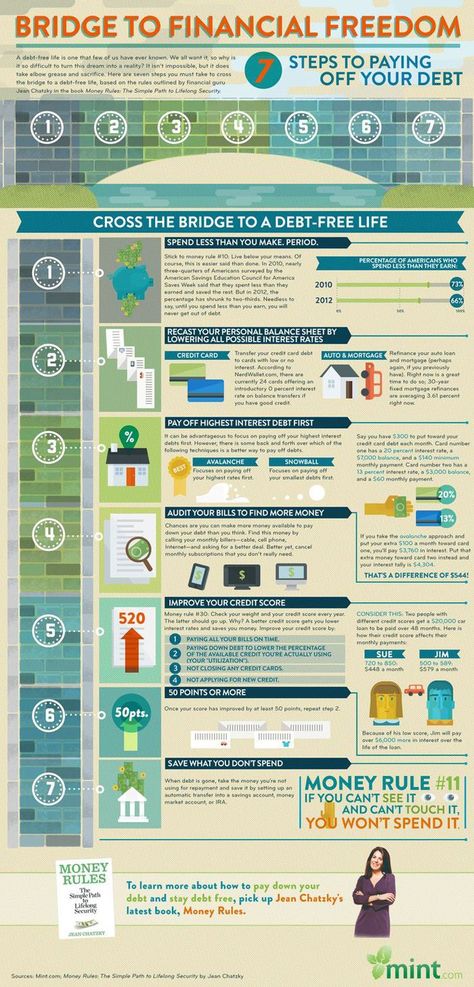
What Conscious Expansion Means to Shanghai Entrepreneurs
As Shanghai hurtles into the future, technological and commercial advancements would appear to threaten real-life connections. Still, the city’s entrepreneurs and creators support conscious expansion, pushing the city forward while protecting the very things that make us human.
Shehu, 35, an ex-gang member who now voluntarily runs the Kano Amateur Boxing Association.Boxing for Peace in Northern Nigeria
The Kano Amateur Boxing Association hinders gang recruitment in the area, rehabilitating ex-gang members through boxing and giving at-risk children and young men a community and a new purpose. The one key tenet all participants must adhere to? No fighting of any form outside the boxing club.
A Place Where People Matter
Natalya Dudina, Senior Vice President and Head of HR at Sberbank, told RBC+ about modern business approaches to building effective teams.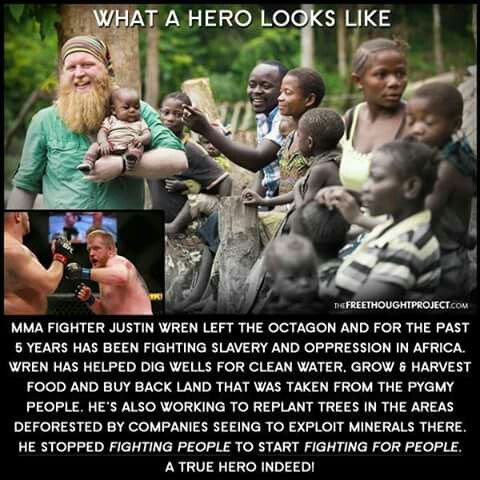
— How can you characterize the modern labor market? What tasks are in the focus of attention of the largest companies today?
- Employers compete strongly with each other. According to Rosstat, in 2021 the number of vacancies increased by 72%, while the number of resumes grew by only 1%. Why did it happen? According to the sum of many factors: on the one hand, demographics are affecting, labor migration flows are changing, self-employment is growing. But, on the other hand, the views and approach of people are changing: how to choose a job, what place work should take in life. These changes are massive, significant and very fast.
Not only Sber, all leading companies are focused on working with personnel. Flexible work formats, career development, corporate culture, social responsibility, caring for employees and their families - now all major employers are convinced that this is important, it is necessary to pay attention to this and seriously invest in it. Salaries and benefits no longer motivate today's professionals. Insurance and cookies in the office are nice, but many offer this.
Salaries and benefits no longer motivate today's professionals. Insurance and cookies in the office are nice, but many offer this.
More and more people are looking for creativity, exciting tasks, self-realization in their work. Drive and excitement. And here "Sberu" with its scale, diverse interests and commitment to the future has something to offer. In order for an employee to feel satisfied, psychologically well - and therefore be loyal and effective - a combination of tangible and intangible motivators in adjusted proportions is needed.
But exactly what motives and what proportions are very individual and, moreover, changeable.
The focus now is to give people more than they expect from the employer. In order to remain a successful team, we are constantly looking for such features and, what is important, we are implementing them on the scale of the entire Sberbank, for all employees.
— What tasks did the HR unit of Sberbank focus on last year?
— Our unequivocal focus was taking care of people.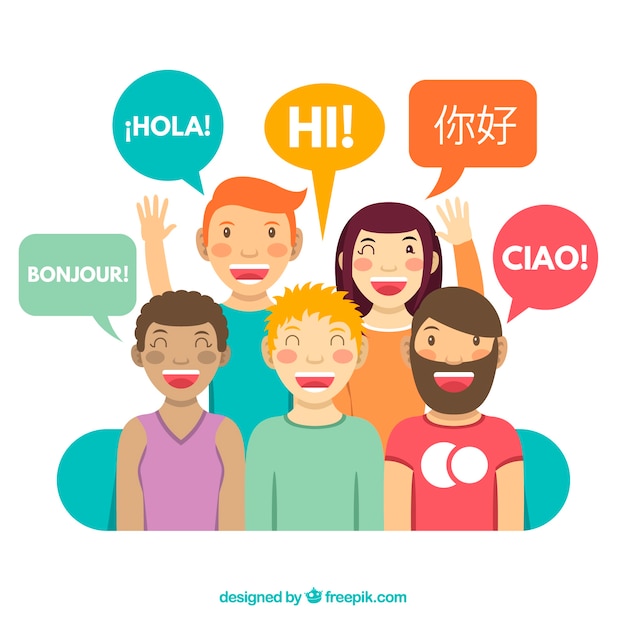 We built technological HR with a "human face".
We built technological HR with a "human face".
In the year of its 180th anniversary, Sber took many steps to strengthen and save the team. We have launched a share compensation program for key employees. I would like to note an important feature: the key ones for us are not only top managers, but also rising stars. We deliberately moved away from the idea of rewarding only executives with shares, because we understand the important contribution to the creation of our products and services is made by employees with valuable expertise or unique skills.
We also offered employees a 4 p.p. mortgage rates, provided an opportunity to work from another region, and launched a sabbatical (sabbatical — RBC+). We retrained 23 thousand employees whose roles were subject to optimization. Our colleagues were able to change their specialty to a more modern one and remain in the team.
Sberbank is a place where any talented and hardworking person can make a successful career.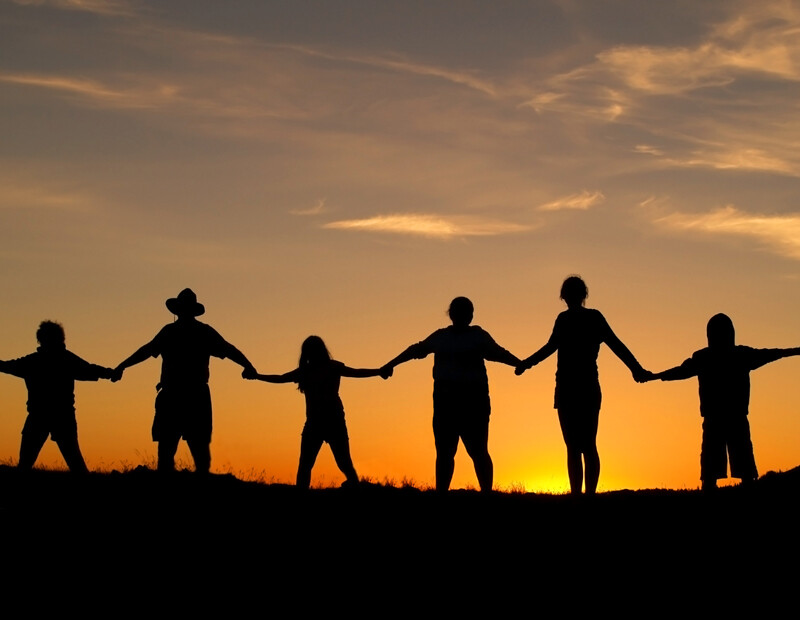 You understand this as soon as you find yourself in the circle of our best employees and managers. It seems that we unforgivably say little about it. I thought so when we celebrated the anniversary date - 180 years of Sberbank. We awarded more than 15 thousand employees in a solemn atmosphere. And the vast majority of them came to our starting positions, grew up and built their careers together with the bank, became tough professionals, leaders with Sber DNA. I will give only two striking examples: Alexander Vedyakhin, First Deputy Chairman of the Board, began his career as a senior controller-cashier in the Volgograd branch 23 years ago. Tatyana Galkina - at 19In 1995, she began her career as a software engineer in Perm. Today is the chairman of the Siberian Bank.
You understand this as soon as you find yourself in the circle of our best employees and managers. It seems that we unforgivably say little about it. I thought so when we celebrated the anniversary date - 180 years of Sberbank. We awarded more than 15 thousand employees in a solemn atmosphere. And the vast majority of them came to our starting positions, grew up and built their careers together with the bank, became tough professionals, leaders with Sber DNA. I will give only two striking examples: Alexander Vedyakhin, First Deputy Chairman of the Board, began his career as a senior controller-cashier in the Volgograd branch 23 years ago. Tatyana Galkina - at 19In 1995, she began her career as a software engineer in Perm. Today is the chairman of the Siberian Bank.
We are actively developing the ESG agenda. Sberbank entered the Bloomberg Gender-Equality Index-2022 for the second time, our index is higher than the global one. We employ 160,000 parents and we have 220,000 children.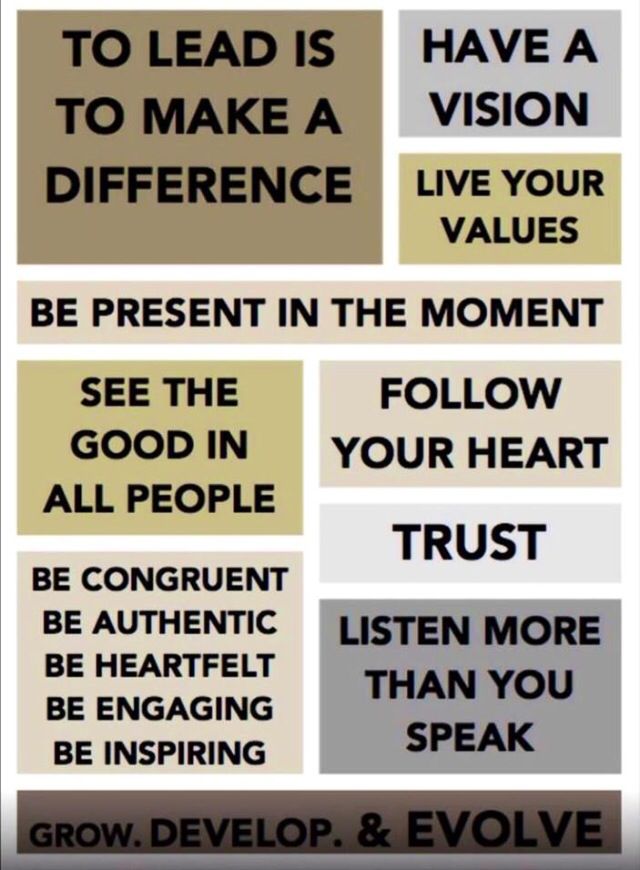 I know the exact figure, because we carefully send "smart" New Year gifts to each of the children. For example, the theme of gifts this year was the skills of a careful, responsible attitude to the environment.
I know the exact figure, because we carefully send "smart" New Year gifts to each of the children. For example, the theme of gifts this year was the skills of a careful, responsible attitude to the environment.
Conscious parenting courses are popular. Employees learn to maintain a balance: to realize themselves in the family and at the same time remain effective at work.
To prevent burnout, we help employees develop their energy management skills — courses on working with stress, on developing mindfulness practices. I read reviews, the ratings are the highest, and you know what people write: "Thank you for thinking about me, take care."
Since 2018, within the framework of VHI, each employee can consult with a psychologist through a telemedicine service, he turned out to be in great demand during the pandemic.
Recently I read a bright article about the launch of a telemedicine for Amazon employees. I thought, but we have been doing this for a long time.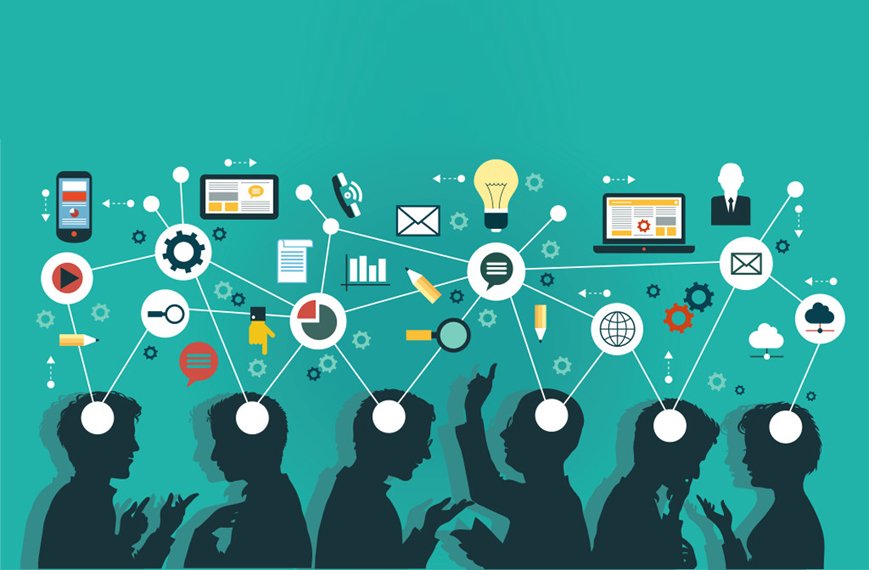 It's great that in some things we are ahead of the market.
It's great that in some things we are ahead of the market.
Opportunities for self-realization are our competitive advantage. And not only in work, but also in the role of an entrepreneur, researcher, mentor, in sports. Sber professionals are happy to teach at universities. Residents of all corners of the country take part in our wonderful "Green Marathon". In 2021, 15,000 of our volunteers implemented 480 social projects.
— The consequences of the “demographic hole” of the early 2000s make employers more loyal to the mature generation. How does Sber develop age equality?
—Together with Skolkovo, we conducted a study on the relationship between managers and HR with older employees. It turned out that managers have concerns that older people are not flexible enough and do not retrain well. But the same study showed a high degree of motivation for work and development in older employees - and we really observe and support this.
We have a "School of New Professions" for retraining for IT and Data specialties, applicants 50+ successfully pass an intensive course at "School 21".
I myself recently attended the program of our corporate university “Reboot 55+. New meanings and possibilities". The program helps to revise your competencies and values, suggests where you can more effectively apply the accumulated experience. It also emphasizes our advantages, which young people sometimes lack: the absence of barriers in communication, life experience, common sense and logic.
At the end of 2021, we started a research marathon together with the Stanford Center for Longevity. We look forward to confirmation of our hypothesis that teams of different ages are much more effective.
— What conditions are created in the company for young people?
— In 2021, 41% of the specialists admitted to Sberbank were under 25 years old. Our Sberseasons and HeadStart internship programs attract students and recent graduates, SberStart is popular with junior specialists.
We develop joint educational programs with 287 universities, 60 thousand students are involved in them.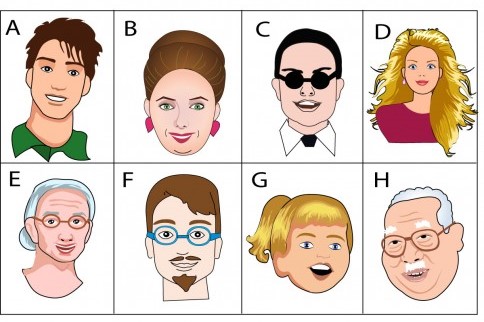 We share up-to-date knowledge with the guys to start a career, introduce them to modern technologies and give them the skills to use them.
We share up-to-date knowledge with the guys to start a career, introduce them to modern technologies and give them the skills to use them.
— What does first place in the HeadHunter employer rating mean for a company?
- The final assessment of the company is formed on the basis of the opinions of employees and applicants. That is, most of our employees literally put a heart sign in front of Sberbank. We are proud of these results. And we will continue the course towards human-centeredness.
Universal Declaration of Human Rights | United Nations
The Universal Declaration of Human Rights is a fundamental document of historical importance. The text of the Declaration was the result of close interaction between legal experts representing all regions of the planet. The Declaration was adopted by Resolution 217 A of the General Assembly of the United Nations in Paris on December 10, 1948 as a document, the principles set forth in which all peoples and countries are obliged to follow. For the first time in the history of mankind, a document was adopted declaring the need to protect fundamental human rights. The Declaration has been translated into 500 languages.
For the first time in the history of mankind, a document was adopted declaring the need to protect fundamental human rights. The Declaration has been translated into 500 languages.
PREAMBLE
Considering that recognition of the inherent dignity and of the equal and inalienable rights of all members of the human family is the foundation of freedom, justice and peace in the world; and
Whereas that the disregard for and contempt for human rights have led to barbaric acts which offend the conscience of mankind, and that the creation of a world in which people will have freedom of speech and belief and will be free from fear and want, is proclaimed as the high aspiration of people; and
Whereas that it is necessary that human rights be protected by the rule of law in order to ensure that the individual is not compelled to resort, as a last resort, to rebellion against tyranny and oppression; and
considering that it is necessary to promote the development of friendly relations among peoples; and
Considering that the peoples of the United Nations have reaffirmed in the Charter their faith in fundamental human rights, in the dignity and worth of the human person and in the equal rights of men and women, and have resolved to promote social progress and better conditions of life in greater freedom; and
Whereas Member States have committed themselves to promoting, in cooperation with the United Nations, universal respect for and observance of human rights and fundamental freedoms; and
Considering that a general understanding of the nature of these rights and freedoms is essential to the full fulfillment of this obligation, All peoples and states should strive to ensure that every individual and every organ of society, keeping this Declaration constantly in mind, strives through enlightenment and education to promote respect for these rights and freedoms and to ensure, through national and international progressive measures, universal and effective recognition and their implementation both among the peoples of the Member States of the Organization and among the peoples of the territories under their jurisdiction.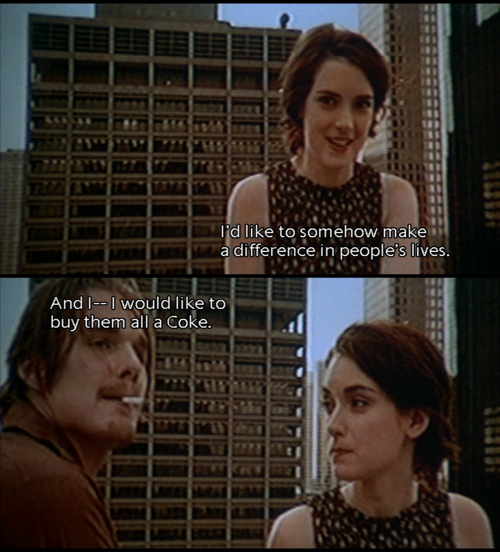
Article 1
All human beings are born free and equal in dignity and rights. They are endowed with reason and conscience and should act towards each other in a spirit of brotherhood.
Article 2
Everyone shall have all the rights and freedoms set forth in this Declaration, without distinction of any kind, such as race, colour, sex, language, religion, political or other opinion, national or social origin, property, class or other status.
In addition, no distinction shall be made on the basis of the political, legal or international status of the country or territory to which a person belongs, whether that territory is independent, trust, non-self-governing or otherwise limited in its sovereignty.
Article 3
Everyone has the right to life, liberty and security of person.
Article 4
No one shall be held in slavery or servitude; slavery and the slave trade are prohibited in all their forms.
Article 5
No one shall be subjected to torture or cruel, inhuman or degrading treatment or punishment.
Article 6
Everyone, wherever he may be, has the right to recognition of his legal personality.
Article 7
All persons are equal before the law and are entitled without any distinction to the equal protection of the law. All human beings are entitled to equal protection against any form of discrimination in violation of this Declaration and against any incitement to such discrimination.
Article 8
Everyone has the right to an effective remedy by the competent national courts in cases of infringement of his fundamental rights granted to him by the constitution or by law.
Article 9
No one may be subjected to arbitrary arrest, detention or exile.
Article 10
Everyone, in order to determine his rights and obligations and to establish the validity of the criminal charge against him, has the right, on the basis of full equality, to have his case heard publicly and in accordance with all requirements of justice by an independent and impartial court.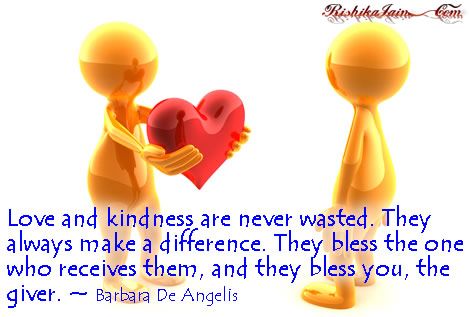
Article 11
1. Everyone charged with a crime has the right to be presumed innocent until proven guilty by law in a public trial at which he has had all the means to defend himself.
2. No one shall be convicted of a crime on account of any act or omission which, at the time it was committed, did not constitute a crime under national or international law. Nor shall a heavier penalty be imposed than that which could have been applied at the time the crime was committed.
Article 12
No one may be subjected to arbitrary interference with his private and family life, arbitrary attacks on the inviolability of his home, the secrecy of his correspondence or his honor and reputation. Everyone has the right to the protection of the law against such interference or attacks.
Article 13
1. Everyone has the right to move freely and to choose his residence within the boundaries of each state.
2. Everyone has the right to leave any country, including his own, and to return to his country.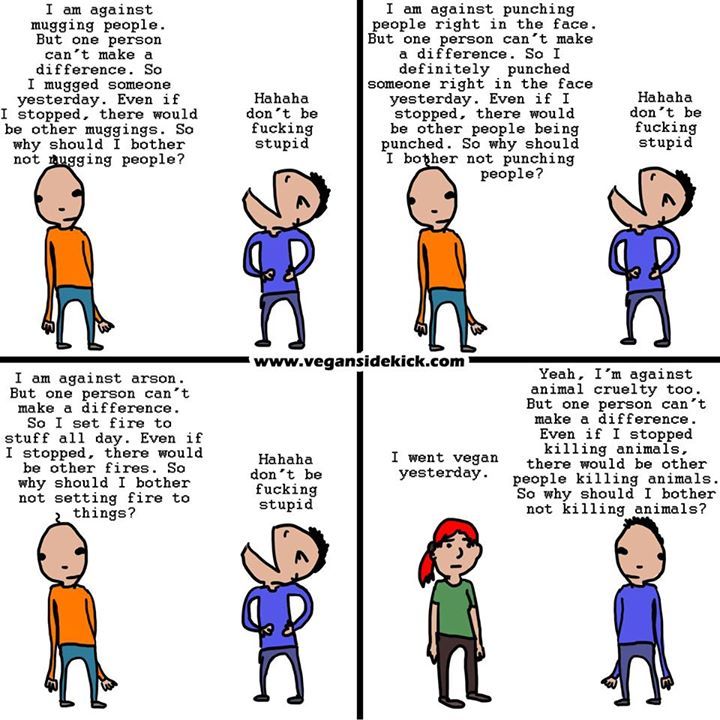
Article 14
1. Everyone has the right to seek and enjoy asylum from persecution in other countries.
2. This right shall not be exercised in the case of prosecution which is in fact based on the commission of a non-political offense or an act contrary to the purposes and principles of the United Nations.
Article 15
1. Everyone has the right to a nationality.
2. No one shall be arbitrarily deprived of his nationality or the right to change his nationality.
Article 16
1. Men and women who have reached the age of majority have the right, without any restriction on grounds of race, nationality or religion, to marry and found a family of their own. They enjoy the same rights in relation to entering into marriage, during the state of marriage and at the time of its dissolution.
2. Marriage may only be entered into with the free and full consent of both parties to be married.
3. The family is the natural and fundamental unit of society and is entitled to the protection of society and the state.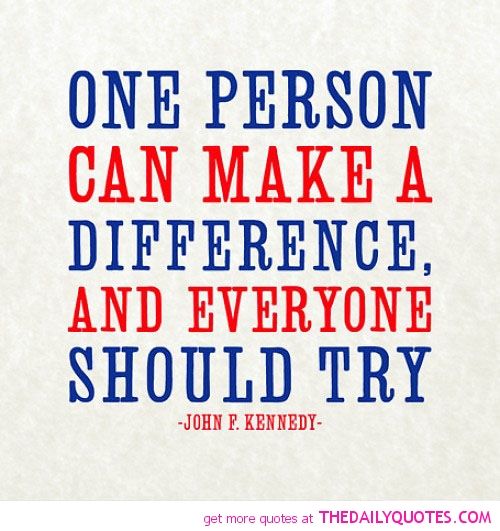
Article 17
1. Everyone has the right to own property either alone or in community with others.
2. No one shall be arbitrarily deprived of his possessions.
Article 18
Everyone has the right to freedom of thought, conscience and religion; this right includes freedom to change his religion or belief and freedom, either alone or in community with others and in public or private, to manifest his religion or belief in teaching, worship and observance.
Article 19
Everyone has the right to freedom of opinion and expression; this right includes freedom to hold opinions without interference and to seek, receive and impart information and ideas through any media and regardless of frontiers.
Article 20
1. Everyone has the right to freedom of peaceful assembly and association.
2. No one may be compelled to join any association.
Article 21
1. Everyone has the right to take part in the government of his country, directly or through freely chosen representatives.
2. Everyone has the right of equal access to public service in his country.
3. The will of the people must be the basis of the power of government; this will must find expression in periodic and non-false elections, which must be held under universal and equal suffrage by secret ballot or by other equivalent forms ensuring freedom of suffrage.
Article 22
Everyone, as a member of society, has the right to social security and to the exercise of the economic, social and cultural rights necessary for the maintenance of his dignity and for the free development of his personality through national efforts and international cooperation and in accordance with the structure and resources of each state.
Article 23
1. Everyone has the right to work, to free choice of employment, to just and favorable conditions of work and to protection from unemployment.
2. Everyone, without any discrimination, has the right to equal pay for equal work.
3.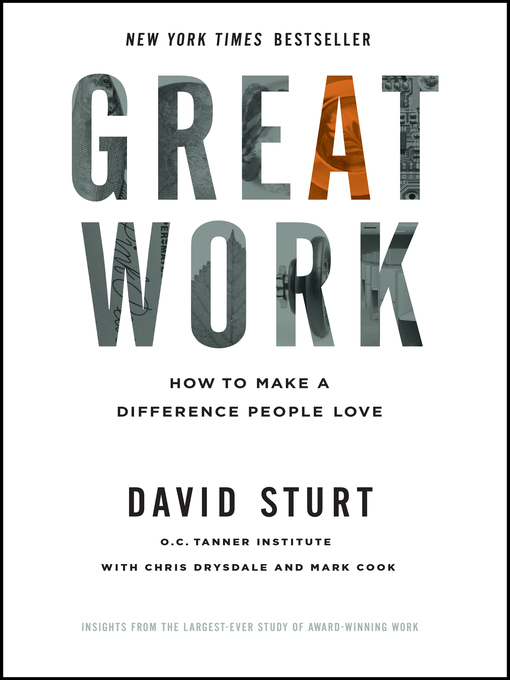 Every worker is entitled to a just and satisfactory remuneration ensuring a decent living for himself and his family, and supplemented, if necessary, by other means of social security.
Every worker is entitled to a just and satisfactory remuneration ensuring a decent living for himself and his family, and supplemented, if necessary, by other means of social security.
4. Everyone has the right to form and join trade unions for the protection of his interests.
Article 24
Everyone has the right to rest and leisure, including the right to a reasonable limitation of the working day and to periodic holidays with pay.
Article 25
1. Everyone has the right to a standard of living adequate for the health and well-being of himself and his family, including food, clothing, housing, medical care and necessary social services, and the right to security in case unemployment, sickness, disability, widowhood, old age or other loss of livelihood due to circumstances beyond his control.
2. Motherhood and infancy give the right to special care and assistance. All children, whether born in wedlock or out of wedlock, should enjoy the same social protection.
Article 26
1. Everyone has the right to education. Education should be free, at least as far as primary and general education is concerned. Primary education should be compulsory. Technical and vocational education should be open to all, and higher education should be equally accessible to all on the basis of everyone's ability.
2. Education shall be directed to the full development of the human personality and to the increase of respect for human rights and fundamental freedoms. Education should promote understanding, tolerance and friendship among all peoples, racial and religious groups, and should contribute to the peacekeeping activities of the United Nations.
3. Parents have the right of priority in choosing the type of education for their young children.
Article 27
1. Everyone has the right freely to participate in the cultural life of the community, to enjoy the arts, to participate in scientific progress and to enjoy its benefits.